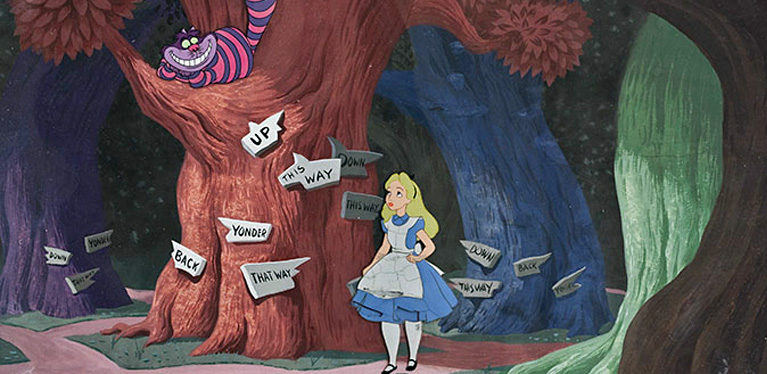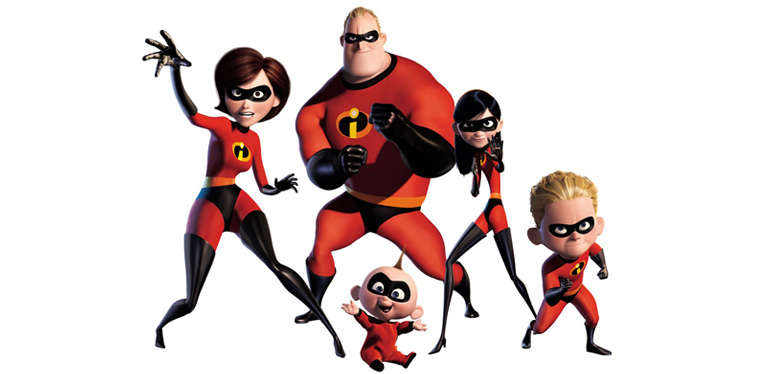Just like any other form of art, Animation too is varied. As a career field, there are different types of animation and styles as there are animators in this industry.
Setting up a list or stating the types of animation based on some defined criteria would be a major flaw and also insufficient as the variations are too flexible. Nevertheless we have tried to compile all possible variations of animations based on the technique that are being used and the comparison of the styles between them. The following list should not be accounted as an absolute reference for animation types; it is more like a general idea to see the bigger picture.
1. 3D Computer Animation
3D Computer Animation or 3D Animation is the process of generating three dimensional moving images in a digital environment. This is the most common and popular animation style today, and is used in movies, games, ads, architectural visualization, medical simulations, and more.
Manipulation of 3D models is carried out with the help of software. However ‘animation’ is a broad term and there are many more aspects to it, each offering a wide range of career prospects. There is modelling, rigging, lighting, texturing, rendering, and animation, and there are sub-fields to these too. Involvement of sophisticated software makes 3D animation technologically intense. As you know, technology does help artists redefine their craftsmanship.
While there are various other animation styles that you may consider, as a career aspirant, a 3D Animation course may interest you the most.
Check out the trailer of Pixar’s Oscar award winning 3D animated movie here to understand this style better.
2. Traditional or Cell Animation
This was once a huge milestone in the history of animation, but is almost obsolete since it is time-consuming and expensive to produce.
Images are drawn or painted by skilled hands, one frame at a time, on the celluloid sheets (cels) to be photographed and exhibited on film. One of the major obstacles of this to seamlessly transform into a film was the timing of the frame with the sound. Every frame had to match with the background score/dialogues or else could appear as a major distraction. Hand drawing of hundreds of frames with precision is such an energetically draining task.

3. 2D Animation
Conventionally, 2D animation was the same as cel-animation. However, with the introduction of computers, 2D animation got a technical upgrade. Today animators create scenes and characters a 2D space with the help of digital technologies and tools available to them. Compared to drawing multiple images, using computers is far less time-consuming and effective.
2D animation is most commonly seen in educational videos, editorials and advertisements today. However, there are a few entertainment series and games that continue to use 2D Animation style. ‘F is for Family’ and ‘Rick and Morty’ are a few examples of 2D entertainment series.
Today, you can be a 2D animator even if drawing isn’t your strong suit. Traditional animation, on the other hand, requires very strong drawing skills.

4. Stop Motion Animation
Physical objects are manually manipulated in small movements in between individual frames so that they will appear to exhibit motion when the series of frames is played. Any kind of physical objects with the capability to twist and turn can thus be animated. Puppets with movable joints (puppet animation) or figures (claymation) are most commonly used. The key here is not the sound but to make small changes from frame to frame to make the illusion of motion as smooth as possible. Isn’t it time taking? Perhaps more than traditional animation. But this animation style is extremely adaptable as one can get as creative as they want. Plus it is easy to impress film critics and audience alike using this.
Take a look at the behind the scenes of animating Shaun the Sheep Movie with animator Andy Symanowski.
5. Motion Graphics
Commonly called Mographs, it is less of animation and more of graphic designing. Motion graphics can be both 2D and 3D, and you will find commonly in commercials, explainer videos, sporting events, news, and other television productions. Previously, before the advent of computer editing, it was a time-consuming process that was limited to high-budget productions.
Check out this simple motion graphics animation video.
The depth of understanding an artistry is what defines an artist. With the current evolution of computer there are may be many more variants piling up in this list.
Whether you wish to be a 3D animator or a Motion Graphics Artist, you need the right skill sets and training. Join one of the prestigious animation training institutes, get trained and get hired.


Comments